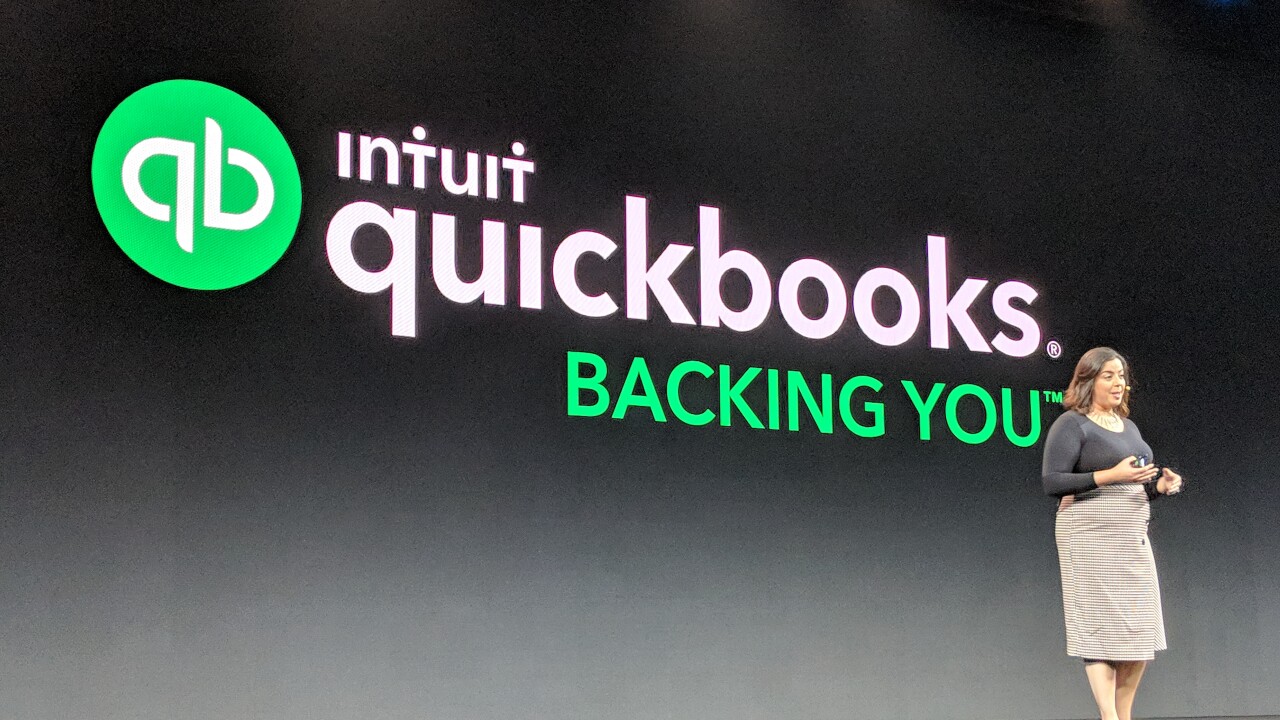The Public Company Accounting Oversight Board released previously nonpublic portions of two of its inspections of PricewaterhouseCoopers on Thursday, saying the firm had failed to address the PCAOB’s quality control criticisms.
"The board has determined that as of March 25, 2010 and August 12, 2011, respectively, the firm had not addressed certain criticisms in the reports to the board's satisfaction,” said the PCAOB.
PwC notified the PCAOB that it would not seek a review by the Securities and Exchange Commission of the PCAOB’s determination, which the firm has a right to do under the Sarbanes-Oxley Act and SEC rules, the PCAOB noted. However, PwC asked that a statement by the firm be attached as an appendix to the release of the report.
In the
The PCAOB release made public certain previously undisclosed portions in Part II of PwC’s 2008 and 2009 inspection reports, based on the PCAOB’s determination that PwC did not address the matters to the PCAOB’s satisfaction during the 12-month period following issuance of the reports.
In the previously nonpublic portions of the
In one audit, for example, PwC obtained brokerage statements and performed management inquiries to test the fair values of certain auction rate securities. But for a portion of the issuer's auction rate securities portfolio, however, PwC failed to corroborate management's assertions regarding the assumptions that the brokerage firms had used in estimating fair value.
In another audit, there was no evidence in the audit documentation, and no other persuasive evidence, that PwC had tested the data that the issuer had provided to an outside specialist who estimated the fair value of certain acquired intangible assets, or that it had evaluated the reasonableness of the useful lives and amortization methods assigned to the intangible assets.
In a third audit, the issuer used a service organization to process certain self-insurance claims. The claims data were a primary input into the determination of the issuer's self-insurance reserves. But PwC failed either to test key components of the data that were processed by the service organization and that were used to determine the estimate or, alternatively, to obtain assurance regarding the design and operating effectiveness of the controls at the service organization.
PwC defended its audits and efforts at remediation.
“We believe that our actions in response to the Part II comments were significant, but we acknowledge the board’s determination with a view toward continued cooperation with the board and in furtherance of our commitment to audit quality,” said PwC. “The Part II comments relate to some of the most complex, judgmental and evolving areas of auditing. Our actions relating to those areas, during the 12 months following issuance of the comments and thereafter, have included providing our audit professionals with enhanced audit tools, training and additional technical guidance to promote more consistent audit execution. We believe that these efforts have been important positive contributors to audit quality at our firm. We are proud of our focus on continuous improvement and of the dedication and high-quality audit work performed by our partners and other professionals.”
PwC pointed out that the PCAOB has acknowledged that it is not unusual for an inspection report to include nonpublic criticisms of several aspects of a firm's system of quality control, and any judgment by the PCAOB that results in later public disclosure is a judgment about whether the firm made sufficient effort and progress to address the particular criticisms articulated in the report on that firm in the 12 months immediately following the report date, but not a broad judgment about the effectiveness of a firm's system of quality control compared to those of other firms. The release also does not signify anything about the merits of any additional efforts a firm may have made to address the criticisms after the 12-month period, PwC noted.
“We are one of the world’s largest audit practices and a leader in the profession, and we are committed to maintaining our leading role in promoting further improvements in auditing and financial reporting and delivering the highest quality audits in the profession,” said PwC. “We look forward to continuing our dialogue with the board in support of our commitment to audit quality.”
PwC chairman Robert Moritz sent an internal memo to PwC staff saying the firm was “disappointed” with the PCAOB’s decision to release the criticisms in the report, according to





